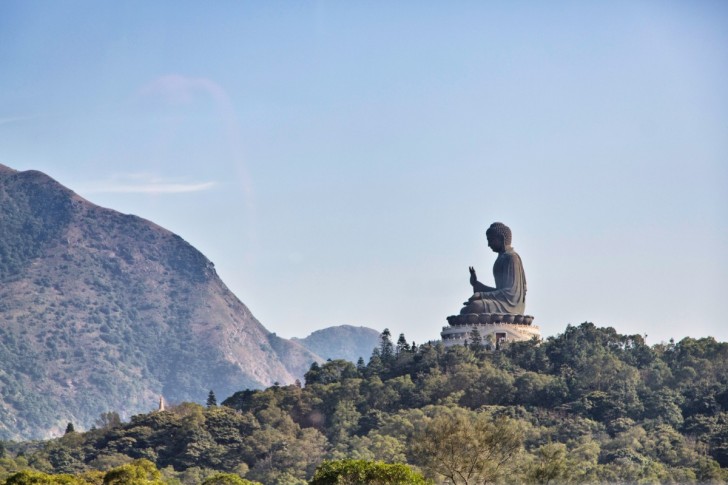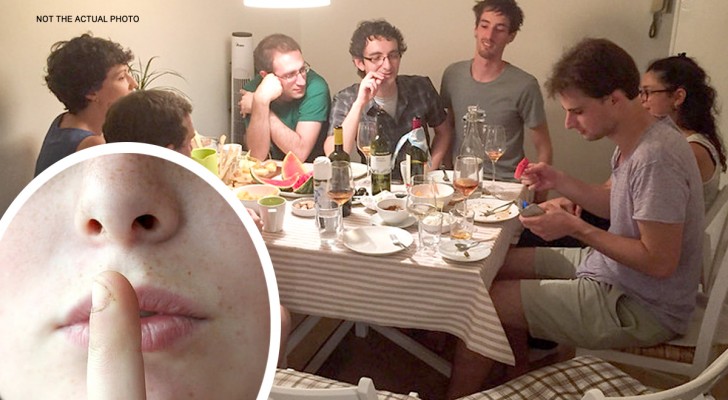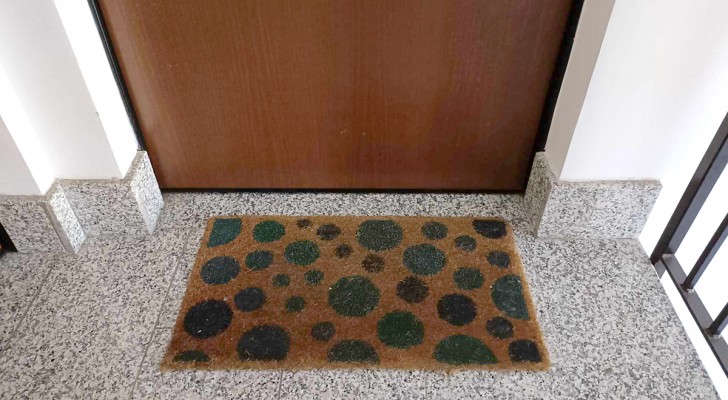When you do not know what to do, then do nothing! Here is a Buddhist parable that teaches us the value of patience

Buddhists believe that our mind is like a monkey (monkey mind), that is to say, restless, agitated, confused, undecided and inconstant, and that it goes from one state to another just like a chimpanzee jumps from one tree branch to another.
We pass from one thought to another so suddenly that we often find ourselves in states of agitation and confusion, and our current emotions do not help us, but rather worsen the situation. The secret to avoiding this, the Buddhists teach us, is to wait.
When you do not know what to do, what decision to make, it is better to do nothing, wait and allow time for things to evolve. This is the only remedy we can take to recover our lost mental serenity.
Here is a Buddhist parable that explains very well the meaning of waiting and being patient when things do not seem to be going well.

Buddha and his disciples embark on a long journey traveling through different cities. On a particularly hot day, Buddha asks one of his disciples, the most impatient one:
"I'm thirsty, could you get me some water from the nearby lake?"
The disciple goes, but as soon as he arrives at the lake to get some water, a cart pulled by oxen crosses the lake and dirties the water. He returns to Buddha and tells him:
"Master, the water is muddy and it is undrinkable."
After half an hour, Buddha asks the same disciple to go and bring him some water from the lake. The man goes and comes back to him responding in an even more resolute way that the water is not drinkable.
Buddha asks the disciple to go to the lake to get some water several times and he always comes back from the lake empty-handed, until at a certain point he sees that the water is clear and crystalline. He collects a little for his Master and brings it to him. Buddha upon seeing his disciple, asks him how had he cleaned the water. But the disciple does not understand the question, so he does not answer.
Therefore, Buddha, himself answers for him by saying, "Wait and leave the water alone. The mud will slowly settle on the bottom of the lake and the water will become clean again. You have to give it time and do not be impatient. The water must find its own equilibrium and you do not need to do anything. Everything will pass if you are patient."
Very often anxiety and the desire to find a solution lead us to make hasty decisions, which only make the situation worse. When possible, it is better to wait, breathe, and take action only when conditions are more favorable. Some problems even end up solving themselves, just by giving them the right amount of time!





